Elective Home Education guidance review
Overview
We are seeking views on proposed changes to the non-statutory elective home education guidance for local authorities and parents.
Why your views matter
This consultation seeks views on revised versions of the non-statutory elective home education (EHE) guidance for local authorities and parents.
The EHE guidance was last updated in 2019 and is due for review. Both sets of guidance are a vital resource for parents and local authorities to help them understand their roles and legal responsibilities around EHE.
The changes made aim to help parents and local authorities better understand what they are required to do to ensure all children receive a suitable education.
We value and welcome the input of all those interested in the updated EHE guidance, such as local authorities, home educating parents, schools, out-of-school settings, and charities.
Audiences
- Academies (including free schools), voluntary aided schools, voluntary controlled schools, foundation schools and community schools
- Adoptive parents
- Adult education providers
- Bodies representing schools and local authorities
- Community representatives
- Designated safeguarding leads
- Directors of children's services
- Early learning and childcare providers
- Educational Psychologists
- Faith bodies
- Foster carers
- Further education colleges
- Governing bodies and academy trusts
- Government bodies and departments
- Governors
- Headteachers
- Local authorities
- Parents
- Principle social workers
- Pupils
- School support staff
- SENCOs
- Service managers
- Sixth form colleges
- Social workers
- Social workers
- Teachers
- Team managers
- Those evaluating programmes for children in need
- Those involved in underlying theoretical research on abuse and neglect, child development etc
- Those researching children’s social care or education systems, with links to educational outcomes of Children in Need
- Virtual school heads
- Young people
Interests
- Disabled children
- Education
- Keeping children safe in education and other settings
- Preventing neglect, abuse and exploitation
- SEND code of practice
- Teaching and learning (SEND)

Share
Share on Twitter Share on Facebook